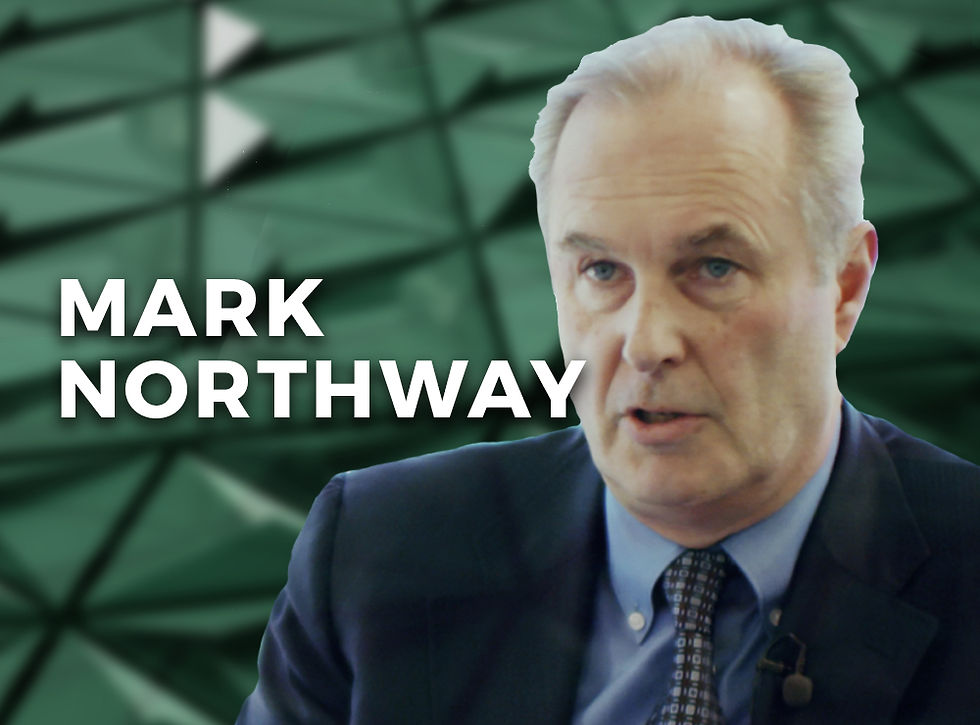Coming soon — a Darwinian cull of active management
- Robin Powell

- Jan 5, 2021
- 3 min read
Updated: Nov 29, 2024

By MARK NORTHWAY from Sparrows Capital
It is always hard to know what will happen with markets. My colleagues and I at Sparrows are not in the business of offering predictions. Instead, like some of the successful sovereign and endowment funds whose approach we aspire to, we prefer to rely on the evidence.
But with underwhelming market returns — and with alpha becoming ever more elusive — it is fair to say that we are likely to see a profoundly different investment environment over the coming year(s). Expectation management will become crucial.
Markets look expensive
It is also fair to say that global markets look expensive in a historical context. They looked this way before the Covid-19 crisis. The correction we saw in the spring didn't seem to fully account for the world's financial and economic problems. Since then markets have rebounded. The S&P 500 sits, at the time of writing, more than 15% above its level at the beginning of 2020. This doesn't seem to tally with the economic evidence — or with the human experience of lockdown. US GDP fell by an estimated 32.9% in the second quarter of 2020 alone). There is an awful lot of bad news out there.
In this environment, sticking to evidence-based rules is a good option. Being careful not to let a subjective view influence actions helps in resisting the temptation to engage in tactical allocation or market timing.
Manage your expectations
Looking into the future, fixed-income markets tell you that you can invest for 20 years for a contractual return very close to zero. This, like it or not, is what investor expectations should be based on. Historically, equity markets yielded a long-term premium to fixed income of somewhere in the region of 4%. There are signs that this premium has eroded in recent years and may now be closer to 2%. If we think about an internally consistent implied term structure, then markets are not holding out much promise in terms of expected equity return. This is the fact set that clients must use to manage their expectations. Anyone getting over-optimistic from this point onwards could be in danger of disappointment.
Alpha is elusive
We know that alpha is elusive and that finding managers that can consistently deliver alpha is a very difficult thing to do. But in the upwards moving stock market we have seen over recent years it's very difficult to find a catalyst that makes people change their approach to asset management. Investors do not see the need for change when they are making money, even when their portfolio is underperforming relative to the market. At the same time, that underperformance is not always apparent to the end investor because many asset managers only compare their performance to that of their peer group. What looks like a strong outcome all too often fails to deliver the underlying market return. So, an investor should look for his or her portfolio to achieve two things: be best in class and at least match the return of the target market.
A Darwinian cull is coming
We have ended up with an asset management market with too many participants, too many decision processes, and too much focus on asset acquisition. Collectively these add little to the end investor — other than high costs. This very strongly suggests we are long overdue a Darwinian rationalisation of the active investment management sector. There are too many underperforming players that need to be thinned out in order for the industry to generate value for its client base. Both advisers and investors should think carefully about their investment goals, their expectations, and the best way to bridge the gap in a volatile, low-return environment.
MARK NORTHWAY is Investment Manager at Sparrows Capital and chairman of ShareSoc, the UK Individual Shareholders Society. Based in London, Sparrows is a pioneer of capped-fee evidence-based model portfolios for financial advisers and is one of three strategic partners of TEBI’s in the UK.
© The Evidence-Based Investor MMXXIV. All rights reserved. Unauthorised use and/ or duplication of this material without express and written permission is strictly prohibited.



